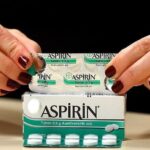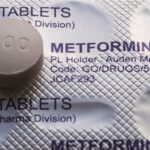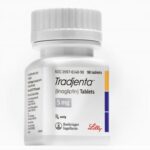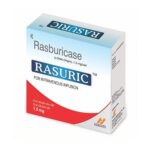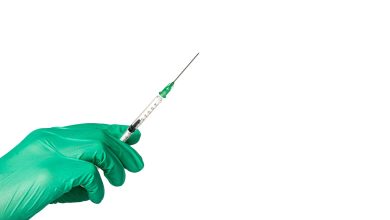Aspirin Mechanism of Action (MOA)
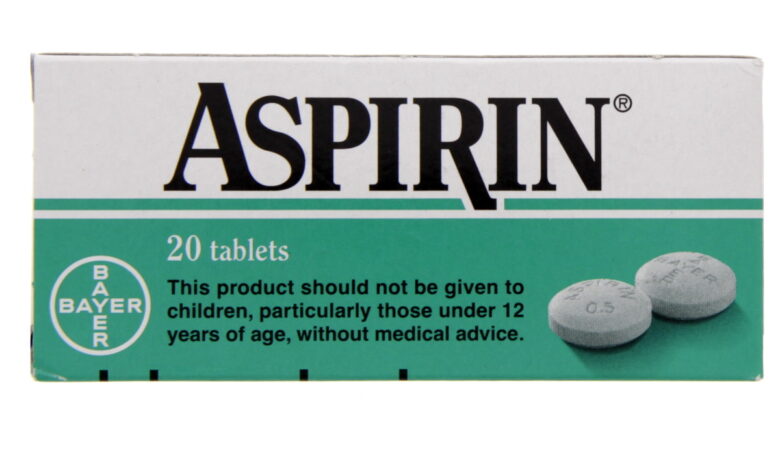
Aspirin chemically known as acetylsalicylic acid, is a medication used to relieve the symptoms of rheumatoid arthritis (arthritis caused by swelling of the lining of the joints), osteoarthritis (arthritis caused by breakdown of the lining of the joints), systemic lupus erythematosus (condition in which the immune system attacks the joints and organs and causes pain and swelling) and certain other rheumatologic conditions (conditions in which the immune system attacks parts of the body).
Nonprescription aspirin is used to reduce fever and to relieve mild to moderate pain from headaches, menstrual periods, arthritis, toothaches, and muscle aches. Nonprescription aspirin is also used to prevent heart attacks in people who have had a heart attack in the past or who have angina (chest pain that occurs when the heart does not get enough oxygen). Nonprescription aspirin is also used to reduce the risk of death in people who are experiencing or who have recently experienced a heart attack. Nonprescription aspirin is also used to prevent ischemic strokes (strokes that occur when a blood clot blocks the flow of blood to the brain) or mini-strokes (strokes that occur when the flow of blood to the brain is blocked for a short time) in people who have had this type of stroke or mini-stroke in the past. Aspirin will not prevent hemorrhagic strokes (strokes caused by bleeding in the brain).
Aspirin is also available in combination with other medications such as antacids, pain relievers, and cough and cold medications. This monograph only includes information about the use of aspirin alone. If you are taking a combination product, read the information on the package or prescription label or ask your doctor or pharmacist for more information.
How Aspirin Works
British pharmacologist John Robert Vane, then employed by the Royal College of Surgeons in London, showed aspirin suppressed the production of prostaglandins and thromboxanes. For this discovery he was awarded the 1982 Nobel Prize in Physiology or Medicine, jointly with Sune Bergström and Bengt Ingemar Samuelsson.
Aspirin’s ability to suppress the production of prostaglandins and thromboxanes is due to its irreversible inactivation of the cyclooxygenase (COX; officially known as prostaglandin-endoperoxide synthase, PTGS) enzyme required for prostaglandin and thromboxane synthesis. Aspirin acts as an acetylating agent where an acetyl group is covalently attached to a serine residue in the active site of the PTGS enzyme (Suicide inhibition). This makes aspirin different from other NSAIDs (such as diclofenac and ibuprofen), which are reversible inhibitors.
Low-dose aspirin use irreversibly blocks the formation of thromboxane A2 in platelets, producing an inhibitory effect on platelet aggregation during the lifetime of the affected platelet (8–9 days). This antithrombotic property makes aspirin useful for reducing the incidence of heart attacks in people who have had a heart attack, unstable angina, ischemic stroke or transient ischemic attack. 40 mg of aspirin a day is able to inhibit a large proportion of maximum thromboxane A2 release provoked acutely, with the prostaglandin I2 synthesis being little affected; however, higher doses of aspirin are required to attain further inhibition.
How Aspirin is used
Prescription aspirin comes as an extended-release (long-acting) tablet. Nonprescription aspirin comes as a regular tablet, a delayed-release (releases the medication in the intestine to prevent damage to the stomach) tablet, a chewable tablet, powder, and a gum to take by mouth. Prescription aspirin is usually taken two or more times a day. Nonprescription aspirin is usually taken once a day to lower the risk of a heart attack or stroke. Nonprescription aspirin is usually taken every 4 to 6 hours as needed to treat fever or pain. Follow the directions on the package or prescription label carefully, and ask your doctor or pharmacist to explain any part you do not understand. Take aspirin exactly as directed. Do not take more or less of it or take it more often than directed by the package label or prescribed by your doctor.
Swallow the extended-release tablets whole with a full glass of water. Do not break, crush, or chew them. Swallow the delayed-release tablets with a full glass of water.
Chewable aspirin tablets may be chewed, crushed, or swallowed whole. Drink a full glass of water, immediately after taking these tablets.
Ask a doctor before you give aspirin to your child or teenager. Aspirin may cause Reye’s syndrome (a serious condition in which fat builds up on the brain, liver, and other body organs) in children and teenagers, especially if they have a virus such as chicken pox or the flu.
If you have had oral surgery or surgery to remove your tonsils in the last 7 days, talk to your doctor about which types of aspirin are safe for you.
Delayed-release tablets begin to work some time after they are taken. Do not take delayed-release tablets for fever or pain that must be relieved quickly.
Stop taking aspirin and call your doctor if your fever lasts longer than 3 days, if your pain lasts longer than 10 days, or if the part of your body that was painful becomes red or swollen. You may have a condition that must be treated by a doctor.
What side effects can this medication cause?
Aspirin may cause side effects. Tell your doctor if any of these symptoms are severe or do not go away:
• nausea
• vomiting
• stomach pain
• heartburn
Some side effects can be serious. If you experience any of the following symptoms, call your doctor immediately:
• hives
• rash
• swelling of the eyes, face, lips, tongue, or throat
• wheezing or difficulty breathing
• hoarseness
• fast heartbeat
• fast breathing
• cold, clammy skin
• ringing in the ears
• loss of hearing
• bloody vomit
• vomit that looks like coffee grounds
• bright red blood in stools
• black or tarry stools.
Aspirin may cause other side effects. Call your doctor if you experience any unusual problems while you are taking this medication.
If you experience a serious side effect, you or your doctor may send a report to the Food and Drug Administration’s (FDA) MedWatch Adverse Event Reporting program online (http://www.fda.gov/Safety/MedWatch) or by phone (1-800-332-1088).

